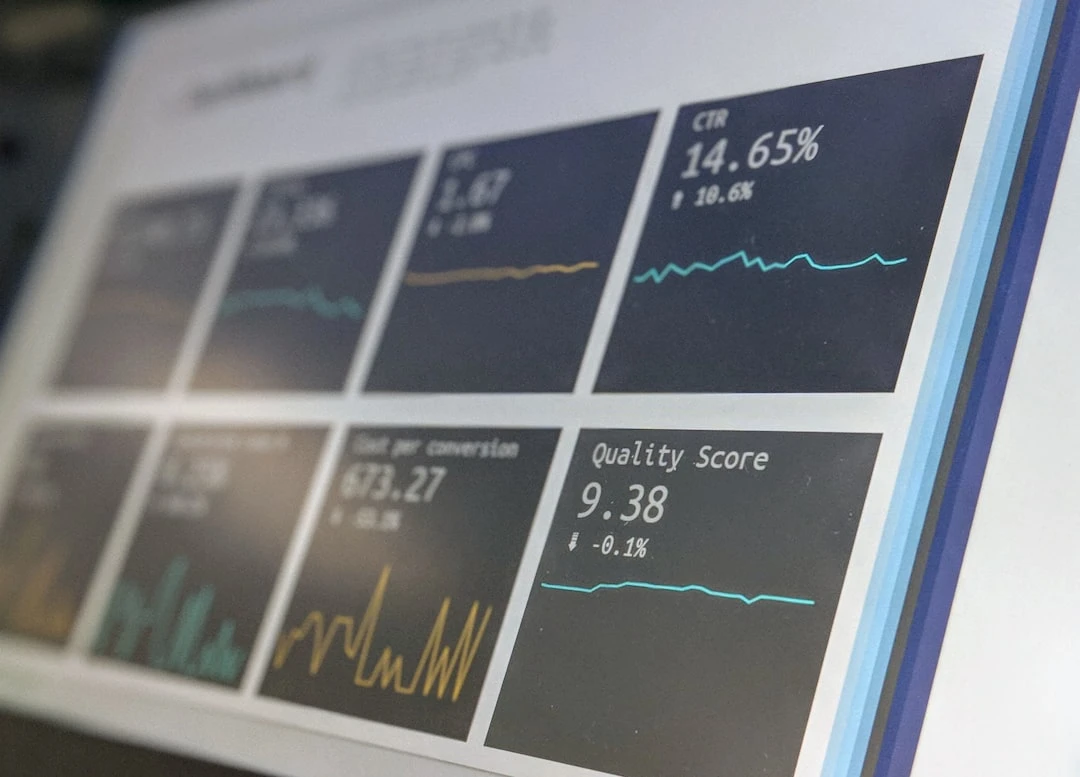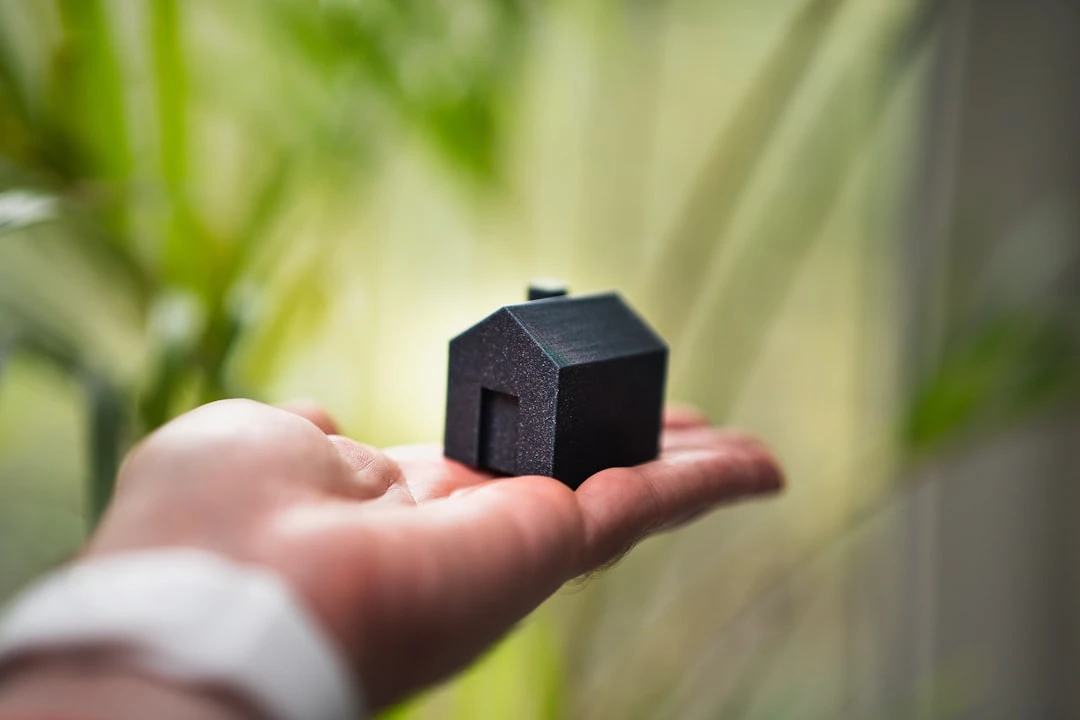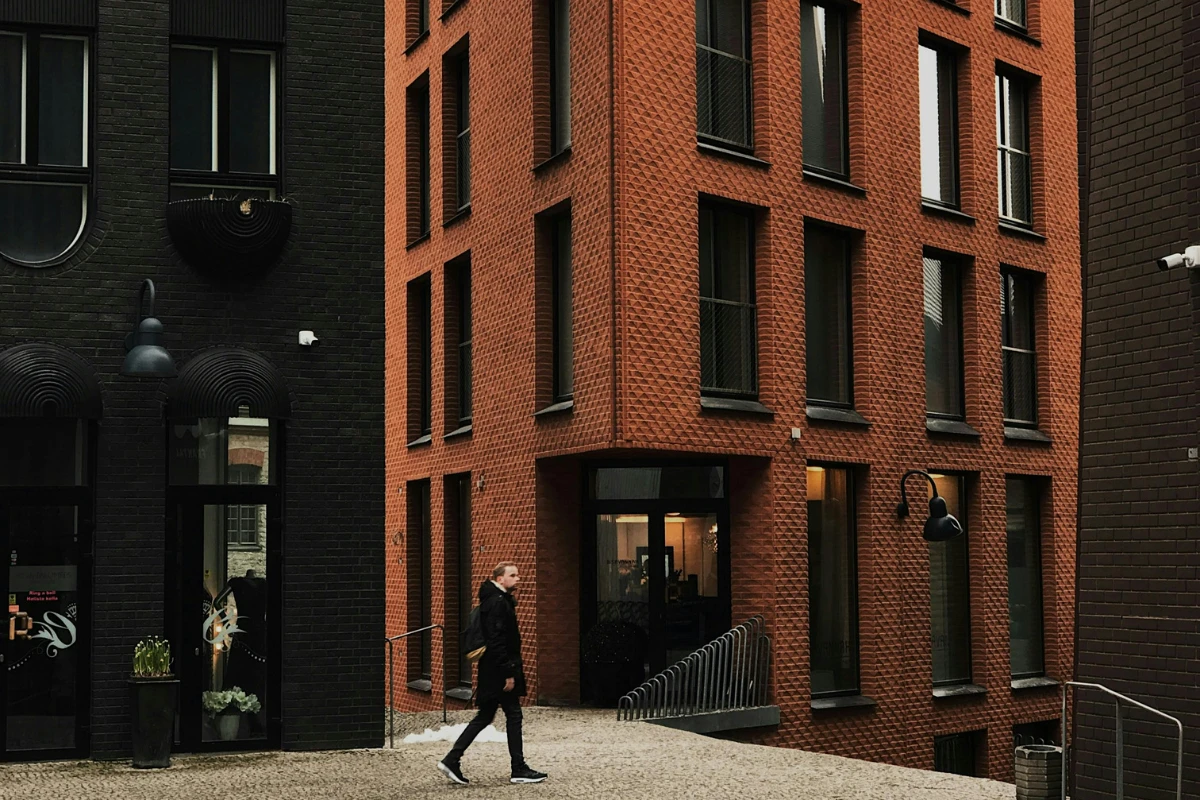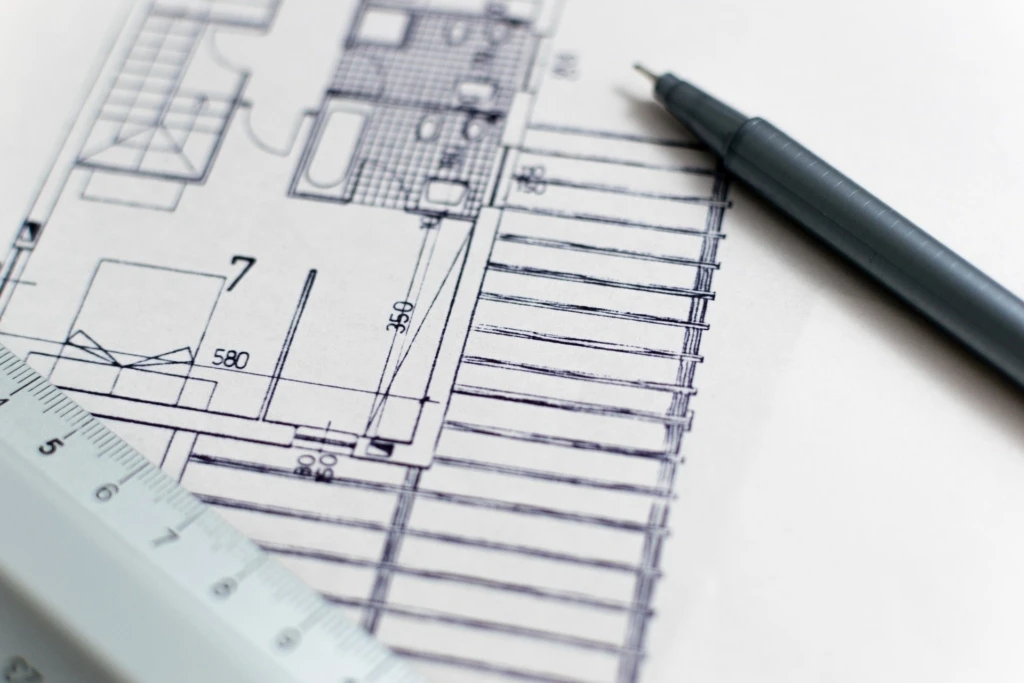Estonian Electronics Waste Fund Installs Small Electronics Collection Boxes in Selver Stores Across Estonia
![IMG_6485[3].jpg](https://media.kv24.ee/media/library/conversions/12336/IMG_6485[3].jpg-web.webp)
Extended Producer Responsibility Organization Estonian Electronics Waste is installing 29 small electronics collection bins in Selver stores across Estonia as part of Europe's Waste Prevention Week (22.11-30.11). Additionally, collection bins are located in Ülemiste Center and soon in Tartu South Center. The broader goal is to permanently place collection bins in shopping centers, and several shopping centers have already expressed interest in this. The aim is to reduce the amount of small electrical and electronic devices ending up in mixed household waste and lying unused in homes.
This year's Waste Prevention Week focuses on electronic waste, as approximately half of the electronic waste generated in Europe remains uncollected. The biggest problems are with separate collection of small electronic device waste.
According to Estonia's mixed household waste sorting study, the share of electronic waste in mixed household waste has increased over the past three years, and for example last year over 4,000 tonnes of electronic waste ended up in household garbage. Approximately 4-5 kg of unused electronic devices are sitting idle per person in homes. Therefore, small electronics collection needs a boost.
Board member of Estonian Electronics Waste Kaur Kuurme emphasizes that convenience plays a key role in collecting electronic waste: "Currently too many devices remain uncollected. We have noticed that when a person sees a collection bin on their daily route, the return rate also increases. A good example is the collection bin permanently installed in Ülemiste Center in September, where over 200 kg of devices were brought in two months. That's why Selver stores also offer a good opportunity to expand the collection bin network to well-frequented locations," said Kaur Kuurme. Electronic device retailers also have an obligation to accept old electronics in stores with 400m² or more of floor space.
Selver's CEO Kristi Simonsen said: "We are convinced that permanent collection bins will help reduce the waste of valuable materials and we want to contribute to environmental protection. Returning electronic waste should be as natural and convenient as shopping. One central collection point makes the process clearer for everyone. The customer doesn't have to contact different stores and can conveniently bring small electronic devices to one location."
A representative of the Ministry of Climate Piret Otsason emphasized that reducing electronic waste generation is an all-European task: "In the European Union, only about 40% of electronic waste is collected and returned. At the same time, small devices contain critical raw materials that can be returned to the economy through recycling. Every small device that reaches the right collection point reduces both environmental risks and the need for new resources."
Kuurme emphasizes that before taking something to a collection bin, you should consider whether the device can be directed for reuse. "Here's a simple rule: if the device works, it's worth directing it for reuse, for example to second-hand stores; if the device is broken, consider repair, and if that's not possible, take it to a collection point," said Kuurme.
Electronic waste of any type and size can continue to be handed over free of charge to waste management facilities. Stores with over 400 m² of retail space that also sell electronic devices accept small electronics free of charge, up to 25cm in size. You can hand over both devices and separately generated cables. Batteries and accumulators have separate collection bins in stores.
Collection point locations: https://elektroonikaromu.ee/et/kuhu-viia/




